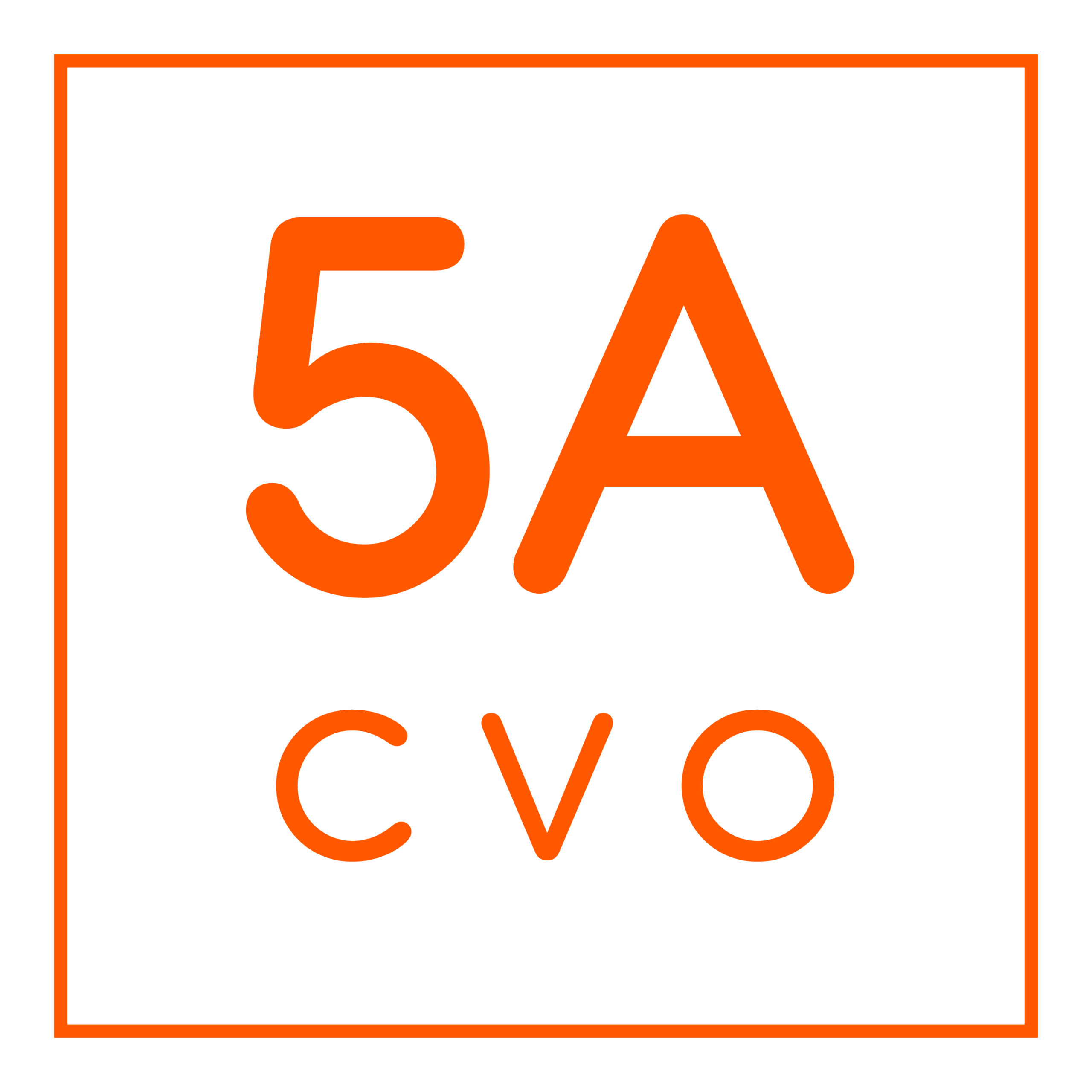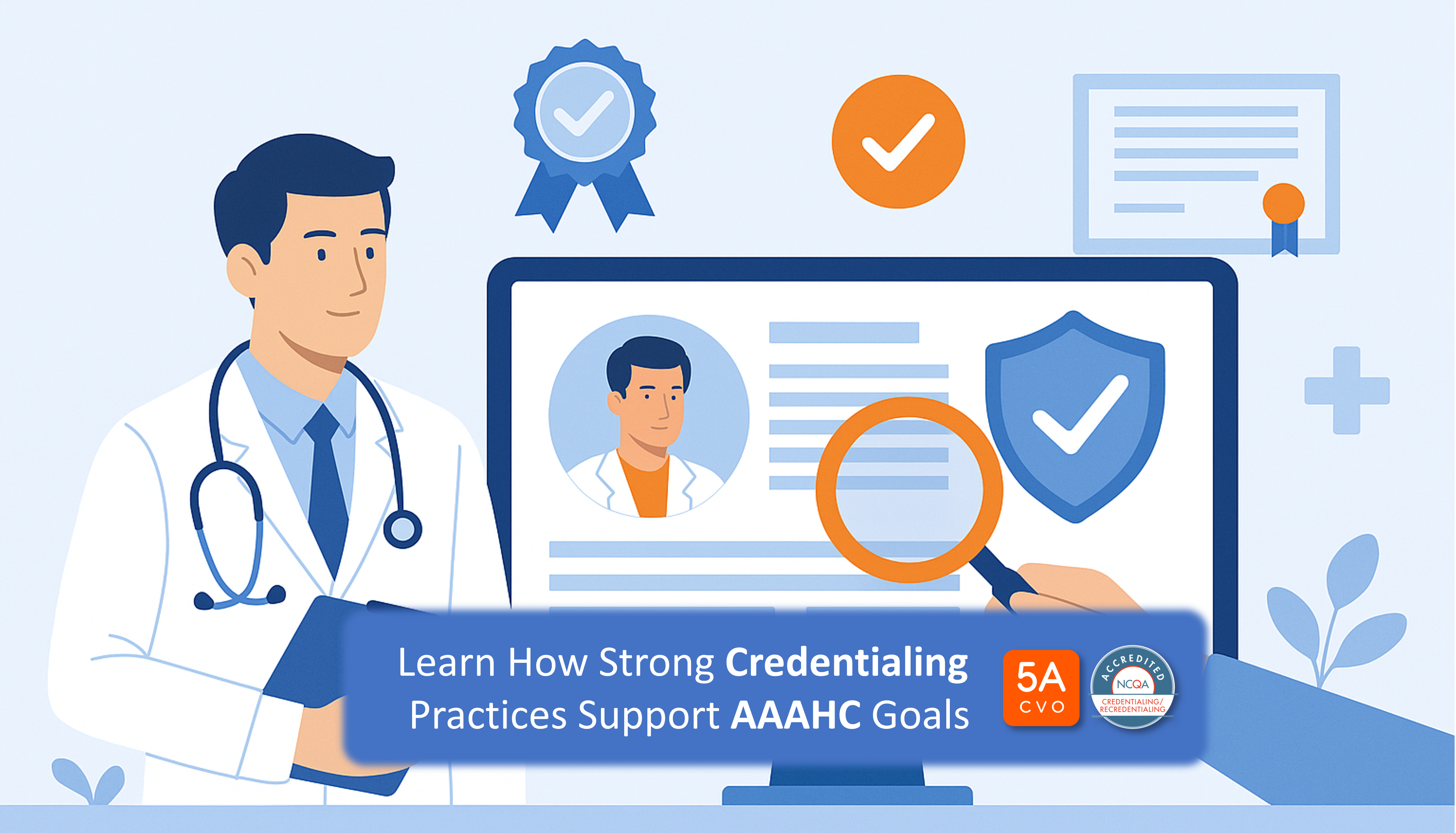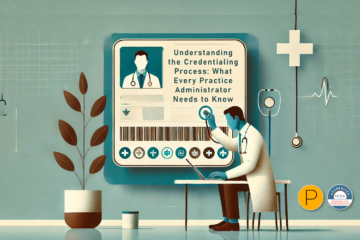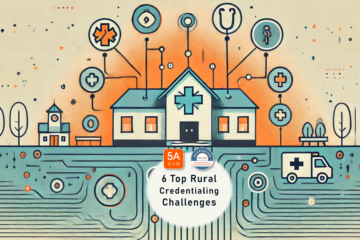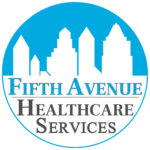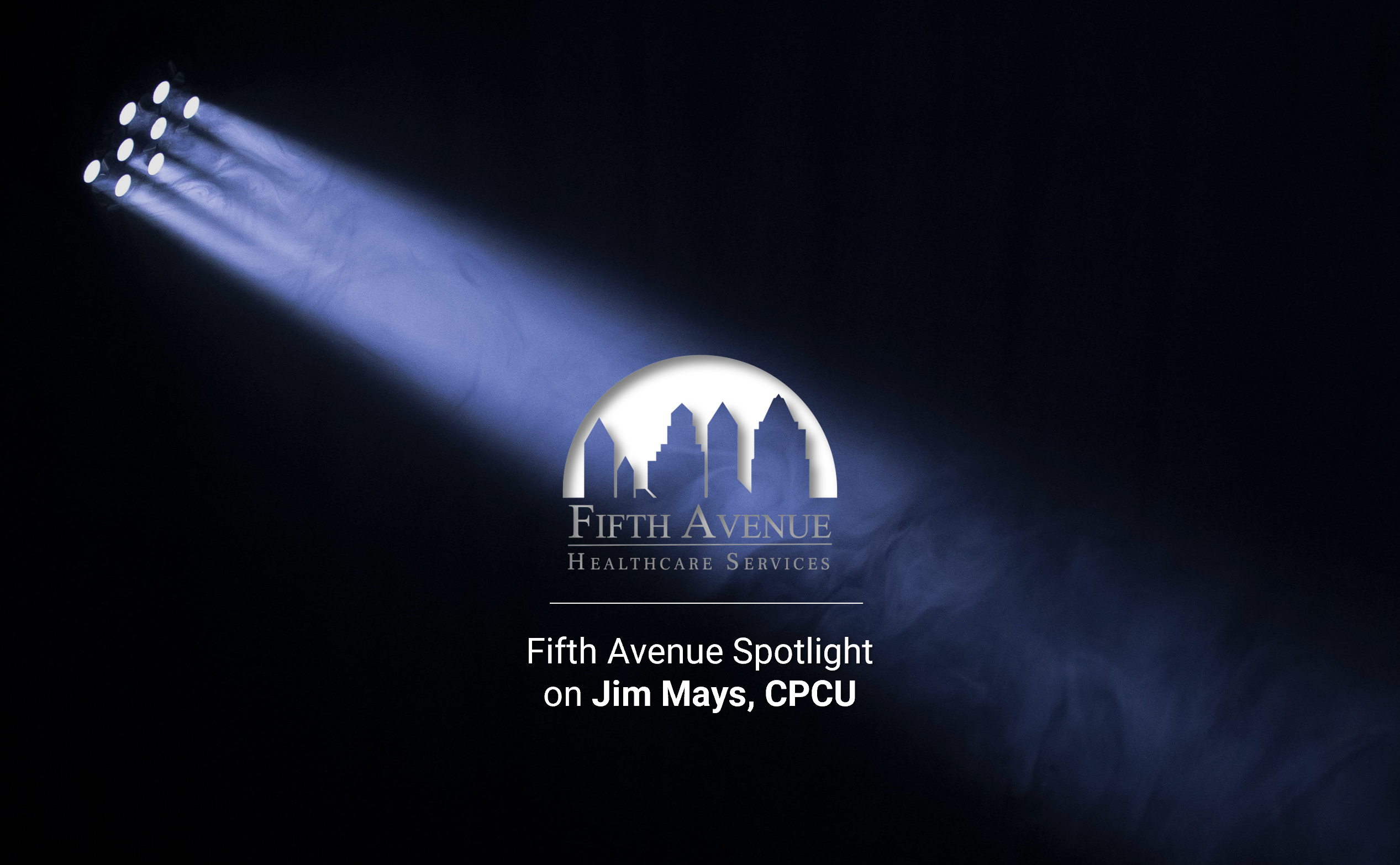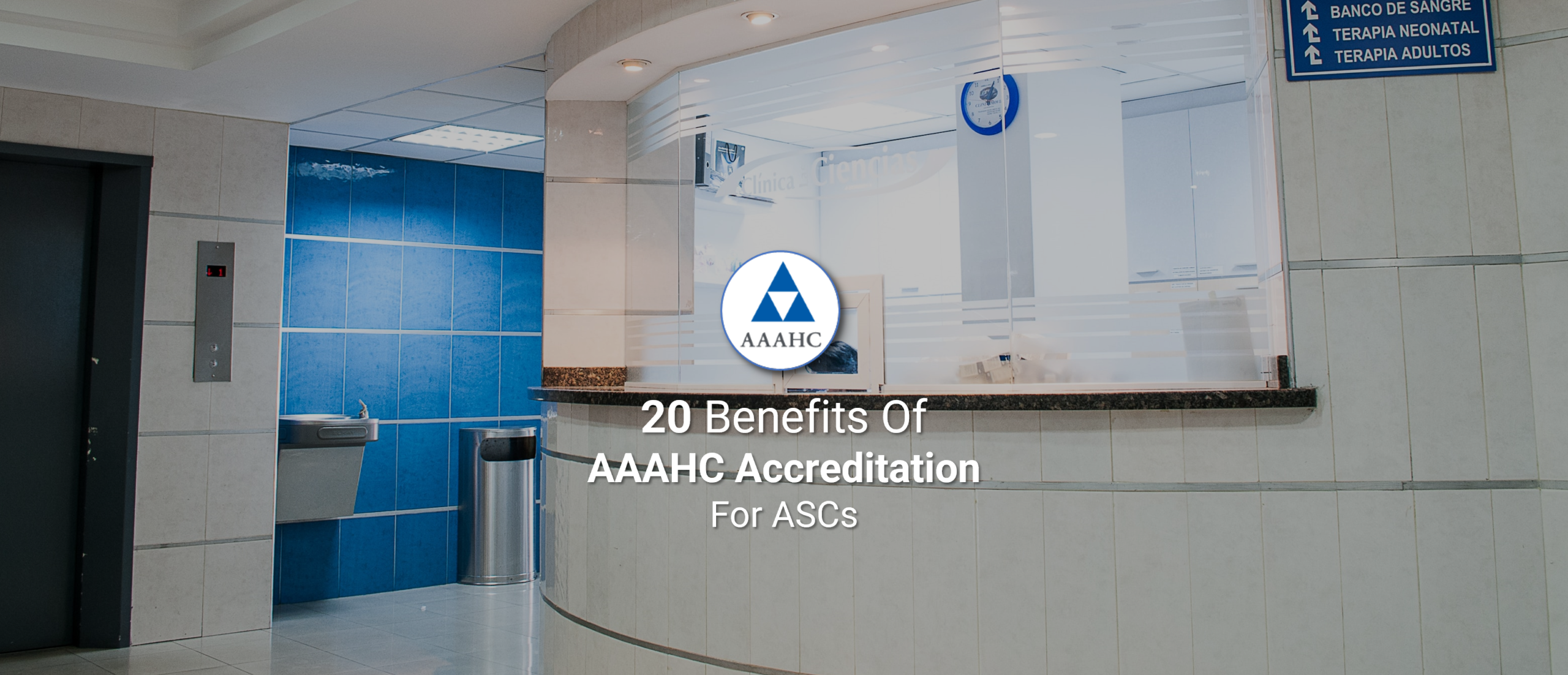The Centers for Medicare & Medicaid Services (CMS) issued proposed rule changes to the Medicare Physician Fee Schedule (PFS) to take place on or after January 1, 2022. The proposed rule changes will possibly alter a Medicare physician’s fee while seeking to create better quality healthcare.
1. PFS Rate Setting and Conversion Factor
CMS proposes updated rates for equipment pricing and practice expenses for the Calendar Year (CY) 2022. The proposed CY 2022 PFS conversion factor is $33.58, a decrease of $1.31 from the year before.
2. Evaluation and Management (E/M) Visits
CMS is reviewing payment policies for E/M visit code sets. CMS proposes revisions to its current policies concerning shared E/M visits, critical care services, and services provided by teaching physicians.
3. Split (or shared) E/M visits
Established policies for split (or shared) E/M visits will be considered for revision. CMS proposes:
- Split (or shared) E/M visits are to be defined as E/M visits provided in a facility setting by a physician or a non-physician practitioner in the same group.
- Requiring documentation identifying the two individuals who performed the visit.
- The physician or practitioner who provides services for more than 50% of the visit can bill for the services.
- E/M visits can be reported for new and established patients, subsequent visits, and continuing services.
4. Critical Care Services
CMS is also aiming to revise critical care services. Policy changes include:
- Using American Medical Association’s (AMA) Current Procedural Terminology (CPT) to define critical care visits.
- Allowing more than one practitioner representing more than one specialty to provide critical care services to one patient daily.
- Requiring that only one E/M visit can be billed for the same patient on the same day they receive a critical care service when one or more practitioners furnish the services within the same specialty or group.
5. Teaching Physician Services
Existing regulations dictate that if a resident participates in a service in a teaching setting, a teaching physician can bill for the service only if they are present for the critical portion.
Effective CY 2022, CMS proposes that the teaching physician’s total time be included when determining the E/M visit level.
6. Telehealth Services under the PFS
CMS proposes allowing certain services to remain on the Medicare telehealth list until December 31, 2023. Other items under this proposal include:
- Requiring an in-person, non-telehealth service be provided by the healthcare provider who furnishes the mental health telehealth service six months before the first telehealth critical care visit and then at least once every six months after.
- Amending current requirements for telecommunications systems to include audio-only communication technology when used for telehealth services.
- Requiring documenting a provider’s capability to provide two-way, audio/video technology but using audio-only technology due to the patient’s choice.
7. Therapy Services
As of January 1, 2022, CMS must pay 85% of the applicable Part B payment amount for physical and occupational therapy services provided in whole or in part by physical and occupational therapy assistants.
8. Physician Assistant (PA) Services
As of January 1, 2022, PAs can directly bill Medicare for their services. They will also be able to reassign payment for their services.
9. Vaccine Administration Services Comment Solicitation
CMS seeks to gather information from stakeholders about the costs of supplying preventive vaccines to develop more accurate service rates. This information includes input on CMS’s policy to pay $35 for certain vulnerable patients when they receive a vaccine at home and whether CMS should treat vaccines like other provider-administered drugs under Medicare Part B.
10. Payment for Medical Nutrition Therapy (MNT) Services and Related Services
Since January 1, 2002, registered nutrition professionals have been allowed to provide and bill for MNT services. CMS should have updated this regulation when the Affordable Care Act of 2010 amended the statute to exclude the deductible for preventive services. This proposal aims to rectify this.
11. Changes to Beneficiary Coinsurance for Additional Procedures Furnished During the Same Clinical Encounter as a Colorectal Cancer Screening
CMS proposes to implement Section 122 of the Consolidated Appropriations Act, 2021 (CAA), which provides a special rule for procedures planned as colorectal cancer screening tests, resulting in additional services. The patient will not have to pay coinsurance for these other services.
12. Opioid Treatment Program (OTP) Payment Policy
This policy allows OTPs to provide counseling services via audio-only methods after the conclusion of the COVID-19 public health emergency when the patient does not have access to both audio-and-video communications.
Rural Health Clinics (RHCs) and Federally Qualified Health Centers (FQHCs)
These provisions aim to help of RHCs and FQHCs provide care to underserved Medicare beneficiaries:
- Mental health visits will include telehealth visits.
- FQHCs and RHCs will be eligible to receive payment for hospice attending physician services when provided by an FQHC/RHC practitioner.
- RHCs and FQHCs will be allowed to bill for transitional and other care management services for one beneficiary during the same service period.
13. Electronic Prescribing of Controlled Substances – Section 2003 of the SUPPORT Act
CMS proposes to postpone the start date for compliance with Section 2003 of the SUPPORT Act to January 1, 2023.
14. Requiring Certain Manufacturers to Report Drug Pricing Information for Part B
Drug manufacturers with Medicaid Drug Rebate Agreements must submit Average Sales Price data for their products to be paid under Part B.
CMS also requests information to determine the Average Sales Price for certain self-administered drugs.
15. Clinical Laboratory Fee Schedule: Laboratory Specimen Collection and Travel Allowance
The option for laboratories to electronically maintain logs of miles traveled for trained staff to travel to a patient’s location to collect a specimen sample will be made permanent.
Payments to independent laboratories for specimen collection from homebound patients will increase to $23-25.
16. Medical Nutrition Therapy Coverage and Payment Issues
CMS will remove the requirement that the treating physician makes a medical nutrition therapy referral. Non-physician practitioners will also be able to refer patients.
CMS also proposes to clarify that medical nutrition therapy services are paid at 100% of 85% of the PFS amount without any cost-sharing.
17. Appropriate Use Criteria (AUC) Program
The payment penalty phase of the AUC program is to begin January 1, 2023, or the January 1 that follows the declared end of the COVID-19 public health emergency.
18. Pulmonary Rehabilitation
CMS seeks to expand the coverage of outpatient pulmonary rehabilitation services, paid under Medicare Part B, to COVID-19 patients who still experience symptoms for at least four weeks after being hospitalized.
19. Medicare Shared Savings Program
CMS proposes to streamline the Shared Savings Program application process by requiring the prior participation disclosure only at the request of CMS.
20. Updates to the Open Payments Financial Transparency Program
CMS also proposes to change any overlapping of general and ownership payments by implementing only one type of ownership record.
21. Medicare Provider Enrollment
Several provider enrollment rules will be revised to assist Medicare beneficiaries better.
- Certain independent diagnostic testing facilities will be exempt from several of CMS’s supplier standards.
- CMS will expand its authority to deny or revoke a provider’s or supplier’s enrollment to protect the program and its beneficiaries.
- CMS will establish new rebuttal procedures for providers and suppliers whose billing privileges have been revoked.
22. Medicare Ground Ambulance Data Collection System
Revisions will be made to the data collection and reporting period for specific ground ambulance organizations in their third year. Changes will also be made concerning the deadline for when the payment reduction for failure to report will begin and when the data will be available to the public.
More information on the CMS 2022 (CY) Medicare Physician Fee Schedule Proposed Rule
For detailed information and updates on the CMS Calendar Year 2022 Medicare Physician Fee Schedule Proposed Rule, refer to the CMS fact sheet here.
You can also copy/paste this URL for updated information:
More information about 5ACVO
5ACVO is a NCQA Credentialing Accredited specializing in credentialing and primary source verification and is part of the Fifth Avenue Healthcare Services family. 5ACVO sister companies include Fifth Avenue Agency (MPLI and medical malpractice insurance specialists) and Primoris Credentialing Network (credentialing and provider enrollment specialists with 54+ health plan and network provider enrollment options).
For more information on 5ACVO, please visit 5ACVO.com or Contact Us.
